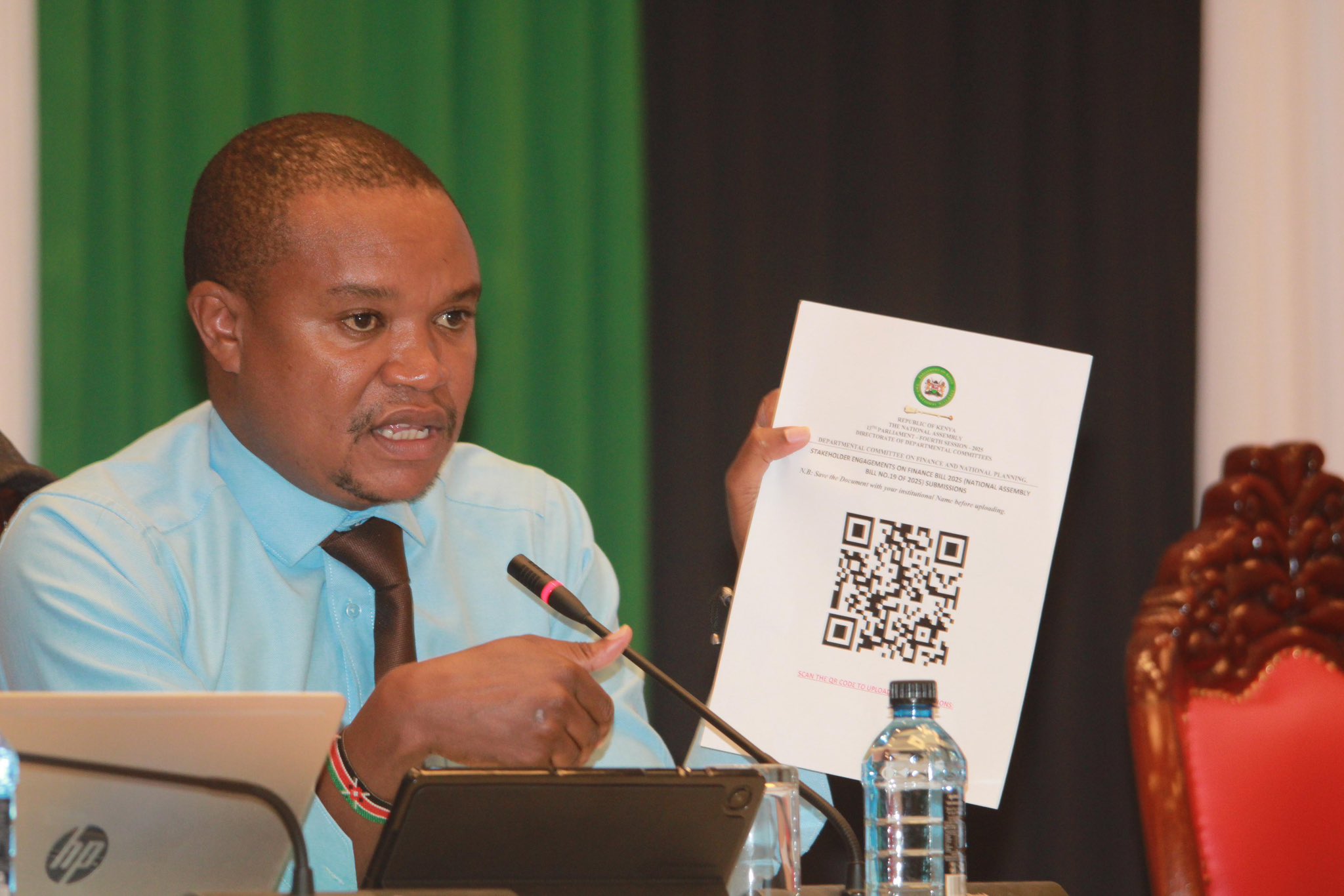Kenya defends "quiet diplomacy" following Boniface Mwangi’s detention in Tanzania

Mudavadi urged Kenyans to understand the broader context, stressing that Kenya’s prosperity depends on building bridges with its neighbours rather than burning them.
Prime Cabinet Secretary Musalia Mudavadi has defended the Kenyan Government's diplomatic approach in response to the recent arrest and deportation of activist Boniface Mwangi from Tanzania, describing it as a strategic and measured effort to protect national interests without jeopardising regional stability.
Mwangi, who was dropped in Ukunda on Thursday following his deportation from Tanzania, broke his silence by recounting a harrowing ordeal of torture and detention alongside Ugandan journalist Agather Atuhaire, who was found on Friday morning.
More To Read
- US calls for probe into torture of activists Boniface Mwangi, Agather Atuhaire in Tanzania
- I was stripped, beaten- Uganda activist Agather Atuhaire recounts ordeal in Tanzania as Amnesty demands probe
- Tortured and left to crawl- activist Boniface Mwangi narrates his ordeal in Tanzania
- Ugandan journalist Agather Atuhaire finally freed after arrest in Tanzania
- Rights groups demand probe into alleged torture of activist Boniface Mwangi in Tanzania
- Uganda mounts diplomatic pressure over detention of activist Agather Atuhaire in Tanzania
He stated that the two were tortured before being separated on Tuesday while still held in Tanzanian custody.
The Prime Cabinet Secretary, who is also the Foreign Affairs Cabinet Secretary, acknowledged the concerns raised by Kenyans over the incident, which saw Mwangi and Ugandan journalist Agather Atuhaire reportedly tortured during their detention.
He urged Kenyans to understand the broader context, stressing that Kenya’s prosperity depends on building bridges with its neighbours rather than burning them.
“Freedom of expression is a cornerstone of our democracy, but we must recognise that the way we exercise it within our borders may not be acceptable elsewhere. Respecting the laws and norms of our neighbours is not a sign of weakness—it is a demonstration of maturity and strength on the regional and global stage,” Mudavadi said.
Mudavadi stated that the government had responded to the situation by engaging directly with Tanzanian authorities through established diplomatic channels, resulting in a peaceful resolution.
He emphasised that while online activism plays a role in raising awareness, it cannot substitute the structured and respectful dialogue that sustains bilateral relations.
“I am fully aware of the concerns and frustrations expressed by many of you regarding the recent situation involving Kenyans who were detained in Tanzania,” said Mudavadi in a statement.
 Activist Boniface Mwangi is wheeled to board a plane at International Airport in Mombasa for Nairobi on May 22, 2025. (Photo: Farhiya Hussein)
Activist Boniface Mwangi is wheeled to board a plane at International Airport in Mombasa for Nairobi on May 22, 2025. (Photo: Farhiya Hussein)
“Kenya and Tanzania share a long-standing relationship built on mutual respect, cooperation and non-interference in each other's internal affairs. While online activism can raise awareness on issues, it cannot replace the structured dialogue that preserves our bilateral ties and respect for each other's sovereignty.”
The Prime Cabinet Secretary underlined the importance of cooperation, noting that Kenya and Tanzania share deep historical ties based on mutual respect, non-interference, and a shared commitment to regional prosperity.
He reiterated that diplomacy, although slow and often invisible to the public, remains the most effective way to safeguard national and regional interests.
Citing the 2025 Economic Survey, Mudavadi highlighted that Tanzania is Kenya’s sixth-largest export destination and ninth-largest source of imports, making it a key trade partner within the East African Community.
He also noted that over 250,000 Kenyans live and work in Tanzania, underscoring the socio-economic importance of maintaining stable relations.
In a raw and emotional statement on Friday morning, Mwangi said they had been tortured before being separated on Tuesday morning, during their detention in Tanzania.
"We were told to strip naked and to go bathe. We couldn't walk and were told to crawl and go wash off the blood,” he claimed.
“We were handcuffed and blindfolded, so l didn't even see her, but l heard her groaning in pain as they barked orders at us.”
He said any effort to speak to each other during that night was met with kicks and insults. The two were later taken from the torture location in different vehicles.
Mwangi claimed the brutal treatment they received was ordered by a man who identified himself as a Tanzanian state security officer.
This man, according to Mwangi, first showed up at the Immigration offices, then followed them to the Central Police Station, where he allegedly gave the order for the activists to be taken to a secret location for what he called a “Tanzanian treatment.”
“He is a man of average height, has short hair with waves and light brown skin, and was overweight, he has a sagging potbelly. On that day, he was wearing a black suit, black shoes, a white shirt and no tie,” Mwangi recalled.
He said the man assaulted him in front of three lawyers from the Tanganyika Law Society. “He scared the three lawyers, and they left us at Central Police Station, before we were moved to a different location while handcuffed and blindfolded.”
Mwangi said one of the lawyers said the man reports directly to Tanzanian President Samia Suluhu.
Top Stories Today












































